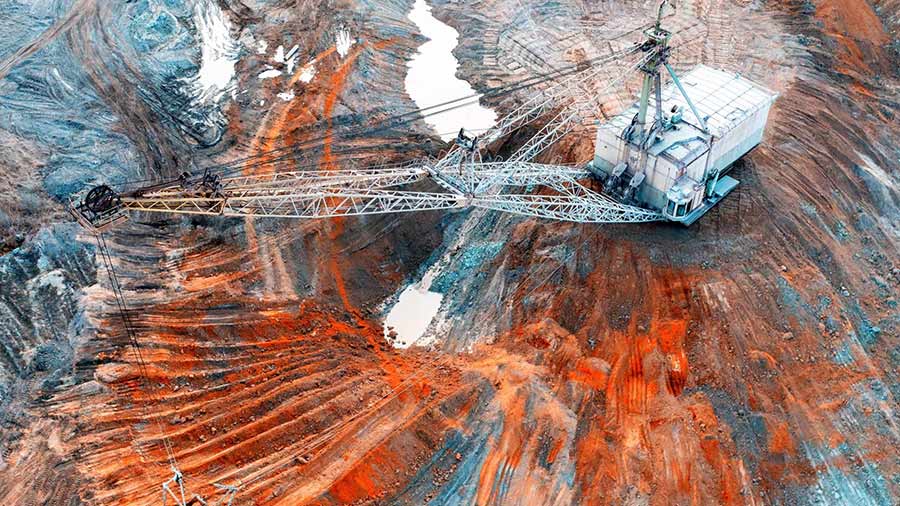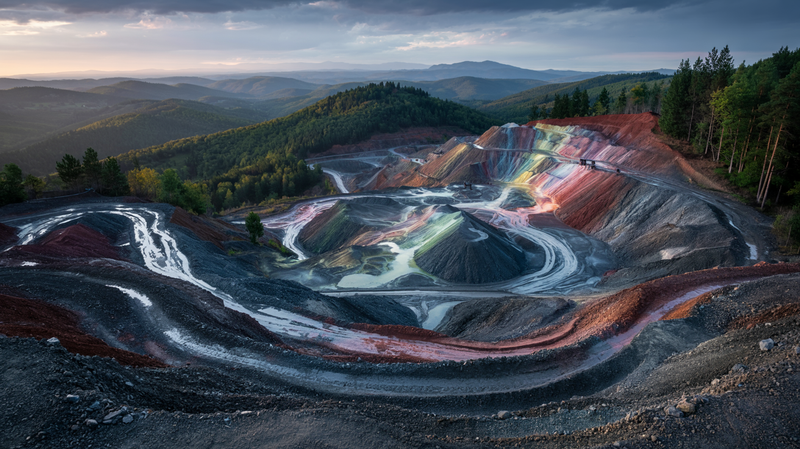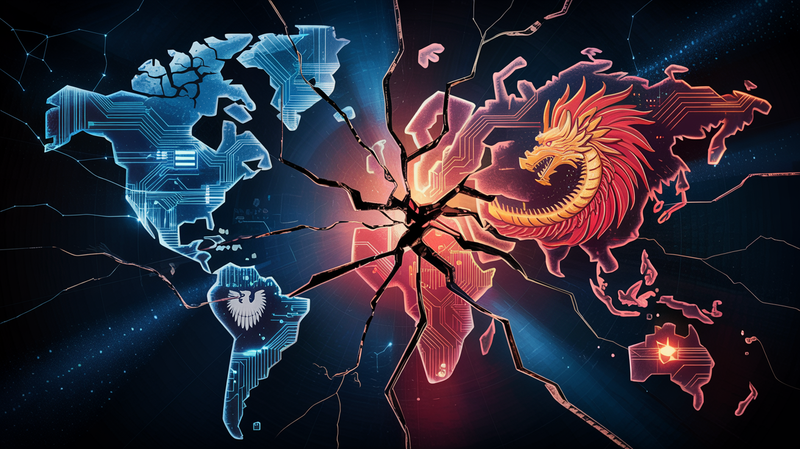Vietnam's Rare Earth Potential: A New Frontier in Global Supply Chains
Overview: Vietnam is emerging as a significant player in the global rare earth mining landscape, possessing the world’s third-largest reserves, valued at approximately US$3 trillion. Rare earth elements, crucial for a myriad of applications from cancer drugs to renewable energy technologies, are primarily dominated by China, accounting for

Overview:
Vietnam is emerging as a significant player in the global rare earth mining landscape, possessing the world’s third-largest reserves, valued at approximately US$3 trillion. Rare earth elements, crucial for a myriad of applications from cancer drugs to renewable energy technologies, are primarily dominated by China, accounting for 63% of mining, 85% of processing, and 92% of magnet production worldwide. Vietnam’s untapped reserves, technological advancements, and favorable investment climates are making it an attractive alternative in the sector.
Global Supply Chain & Geopolitical Implications:
The rare earth industry is in a constant state of flux, largely influenced by China’s monopolization and subsequent utilization of rare earths as geopolitical leverage. China’s dominance raises serious supply concerns for dependent nations, causing spikes in rare earth prices and prompting a global search for alternative sources.
The quest for diversification in rare earth supply chains is spurred by the growing emphasis on green energy solutions and persistent trade tensions between China and the U.S. Vietnam's substantial reserves and strategic geographical positioning offer a lucrative prospect for foreign investors and potential relief for nations seeking to diminish their dependency on China.
Vietnam's Reserves & Industry Players:
Vietnam's reserves, distributed primarily in the northwest region, encompass various identified deposit points, including Dong Pao and North Nam Xe. Several domestic and international entities are engaged in exploration and development endeavors, including CAVICO Vietnam and Lai Chau Rare Earth Joint Stock Company, partnered with Japan.
Vietnam Rare Earth Joint Stock Company has also entered agreements with South Korean companies to develop mining operations in regions like Yen Bai province, highlighting the international collaboration shaping the industry within Vietnam.
Environmental Considerations:
However, the environmental ramifications of rare earth mining necessitate stringent oversight, evidenced by China’s struggle with environmental degradation due to outdated mining technology. The extraction and processing of rare earth minerals pose substantial environmental challenges, emphasizing the need for sustainable practices and technology to mitigate detrimental impacts on ecosystems and human health.
Challenges and Government Intervention:
Vietnam faces substantial challenges in terms of technology acquisition and commitment from domestic enterprises towards investment in research and processing technology. The current processing capability stands at a meager 40%, revealing a glaring need for enhanced processing infrastructure and technology.
To foster growth in the sector, Vietnam’s government has implemented resolutions like No. 10-NQ/TW and The Law on Minerals, outlining strategic directions and regulating various aspects of mineral activities, including environmental protection and financing. The government also seeks to attract foreign investment through incentives and streamlined procedural frameworks, evidenced by the reception of 108 FDI projects in 2022 amounting to US$4.9 billion.
International Trade Agreements & Opportunities:
Vietnam’s international trade agreements, such as CPTPP, VKFTA, and EVFTA, provide frameworks for foreign investment in the mining sector, with considerations for net benefits to Vietnam and compatibility with national policies. The country’s geographical advantage, proximity to key markets, infrastructural investments, and a skilled workforce offer a conducive environment for investors looking to capitalize on the burgeoning rare earth industry.
Conclusion:
Vietnam stands at the cusp of becoming a formidable entity in the global rare earth supply chain, offering a much-needed alternative to China's dominance. The convergence of untapped reserves, international collaboration, strategic geographical positioning, and a favorable investment climate augurs well for Vietnam's ascent in the rare earth sector.
However, the journey is fraught with challenges, necessitating advancements in technology, sustainability, and regulatory frameworks. Strategic investments, responsible mining practices, and international cooperation will be pivotal in harnessing Vietnam’s rare earth potential, reshaping global supply chains, and fostering economic development within the region. As the world gravitates towards sustainable energy solutions, Vietnam's role in the rare earth sector will be closely watched, with implications extending beyond its borders, impacting global markets and geopolitics.




